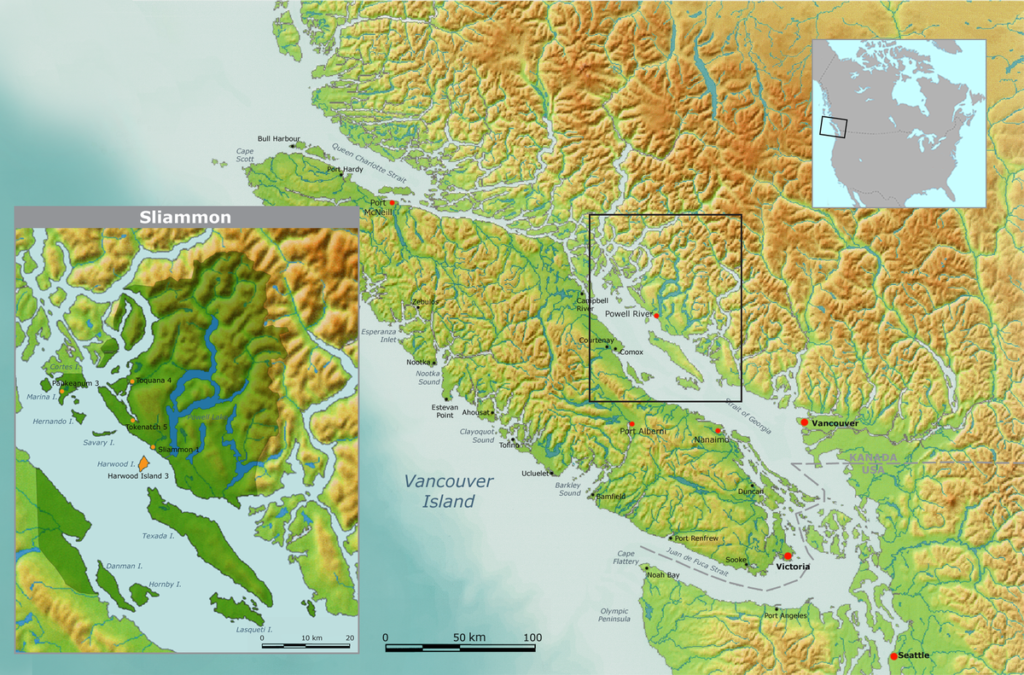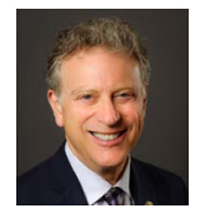Friday January 15, 2021 | VICTORIA, BC
Posted by Island Social Trends
The Tla’amin Nation is set to begin building a new organics processing facility that will produce Class A compost, support agriculture and food security for the Tla’amin Nation, service the qathet Regional District and Powell River, and provide new jobs and economic opportunities.
The Tla’amin Nation will build the $1.15-million facility on land adjacent to the former Catalyst paper mill site in Powell River. Two-thirds of the funding will come from the joint federal/provincial Organics Infrastructure Program (OIP), and one-third from the Tla’amin Nation.
Construction of the facility is set to be completed by March 31, 2022.
“As the Tla’amin move forward developing our Tla’amin Nation lands, we want to bring forward projects that are in line with our community-driven land use plan,” said Tla’amin Hegus (Chief) John Hackett. “One of our many plans is to utilize our land to grow produce and raise livestock, and the Class A compost produced by the organics processing facility will support agricultural and food security for the Tla’amin Nation.”
Compost is the end product of decomposed organic matter, like food waste and yard waste. It is high in nutrients and is a key component in closing the loop in the management of organic waste. Compost from compost facilities is a high-value and environmentally-responsible product.
The project is also expected to provide employment opportunities to the Tla’amin Nation.
The Tla’amin project adds to the 13 OIP projects announced to date and is the first one led by an Indigenous Nation. Overall, the OIP will result in a reduction of nearly 300,000 tonnes of carbon dioxide equivalent by 2030, the equivalent of removing 100,000 cars from the roads for a year. Organic waste currently represents 40% of material sent to municipal landfills in B.C. and generates 7.5% of the province’s greenhouse gas emissions.
“One of the most important things people can do to reduce greenhouse gas emissions is to divert organic waste from going into landfills,” said George Heyman, B.C.’s Minister of Environment and Climate Change Strategy. “These investments significantly reduce the release of methane greenhouse gases and create benefits for future food production and opportunities for agricultural communities – an important part of our economic recovery.”
“The Government of Canada is committed to supporting Canadians across the country in rebuilding from the pandemic, creating jobs and building more resilient communities,” said Jonathan Wilkinson, federal Minister of Environment and Climate Change.
“We are pleased to partner with British Columbia and the Tla’amin Nation community in this project. This composting facility is a great example of the kind of local climate action that will help Canada reduce emissions but also create economic opportunities.”
In 2018, the Province launched the OIP, in partnership with federal and local governments, to reduce greenhouse gases and ensure B.C. communities are clean and healthy places to live. The $30-million program combines up to $10 million in federal funding from the Low Carbon Economy Leadership Fund, $10 million from the Province and $10 million in matching funds from local government applicants and their partners.
The program is helping communities throughout B.C. expand their infrastructure and divert organic waste away from landfills. It is also helping the Province meet its CleanBC commitment to help communities to achieve 95% organic waste diversion for agricultural, industrial and municipal waste.








